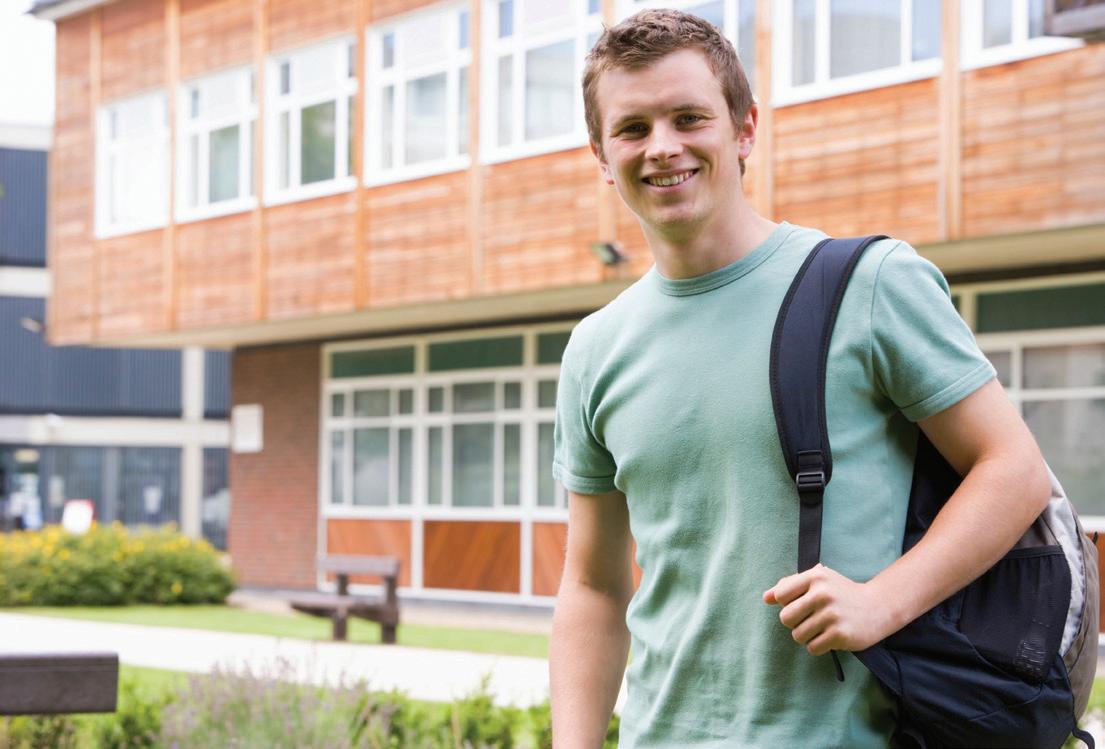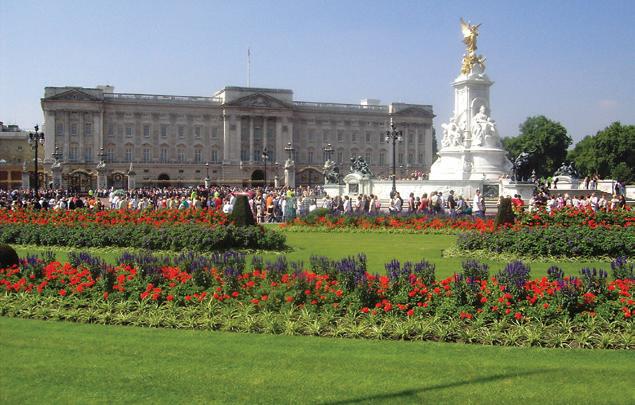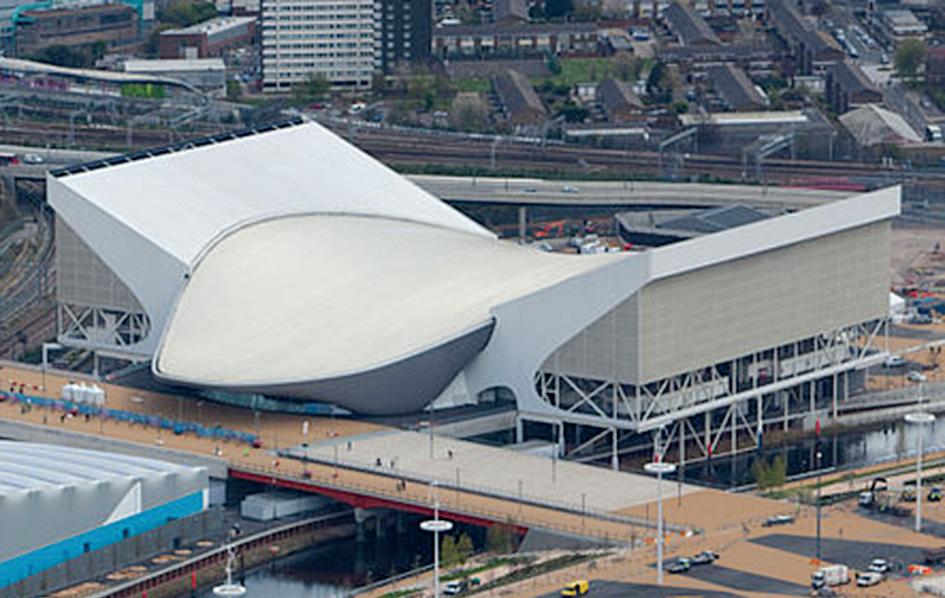
5 minute read
Schooling in Britain
ADDITIONAL READING
How much do you know about British schools? Before you read the text, discuss the following statements in class. Then read the text to see if your answers were correct. True False 1. British and Serbian schools differ greatly in many aspects. 2. Pupils can leave school at the age of 16. 3. If they have bad marks, they have to repeat the year. 4. They have to pass a certain number of exams at the age of 16 and 18.
Advertisement
Jason Clark and Petar Savić are Facebook friends. This is one of many correspondences between the two of them. P: Among other things, I’d like to knowmore about your school and to see how much it differs from mine. J : There are probably many differences between schools in Britain and schools in your country. I’m in Year 9 at a comprehensive school. It is a mixed school for boys and girls between the ages of 11 and 18. P : In my school we only use computers for Computer Science lessons, but we hope to get more computers soon.
What do you use your computers for? J : We use Tablets PCs to do our work on and to search the Internet. They are connected to a Network so we can send our work straight to our teachers and they can send it back with their comments. It is very convenient because we don’t have to carry loads of books around and it is much quicker working on a laptop. P: If you have bad marks, do you repeat the year? J : Promotion to a higher class every year is almost automatic. We never repeat the year. But at sixteen some pupils leave school and get jobs. Most pupils take national examinations called GCSEs, though. Pupils pass or fail individual subjects. They might have one, five, or ten GCSEs, meaning they have passed examinations in that number of subjects. What about your exams? P : We attend secondary school for 4 years and then we sit some exams - it depends on our plans for our future studies at University. What do you do after GCSEs? J : Pupils who continue their studies go into the sixth form to study for two more years and then take more public exams at advanced level - the A level examinations. Good grades at A level will qualify pupils for entrance to higher education or improve their job prospects. P: Now I know much more about education in Britain. If I get good grades, I might study there. Who knows!
19
QUIZ
HOW WELL DO YOU KNOW LONDON?
Look at the pictures of London and match the landmarks to their descriptions.
1. _________________ Through its long history, this fortress has served as a royal palace, a state prison and a jewel house. Today it is open to the public as a museum.
2. ________________ This is an indoor facility with swimming pools. It is located in the Olympic
Park and the London 2012 Summer Olympics took place there.
3. __________________ It is known as the Houses of Parliament. The two houses of parliament of the United Kingdom have their sittings there.
4. _________________ It was built and named in honour of the British victory against Napoleon, led by Admiral Lord Nelson, at the Battle of Trafalgar in 1805. Dominating the square is the 56m high Nelson’s Column, guarded by four bronze lions.
5. __________________It is a huge big wheel which dominates the river skyline opposite Parliament. One can enjoy a wonderful view of up to 25 miles. It can carry 800 passengers at a time on a thirty-minute ride.
6. __________________It has been the official London residence of the Royal Family since 1837.
Every morning the Changing of the Guard ceremony takes place here.
Trafalgar Square The London Eye


Buckingham Palace
20

Tower of London The London Aquatics Centre


The Palace of Westminster
VOCABULARY
1 Complete the sentences with the correct form of the word from the list.
1. They teach their children good ___________, so they behave well. 2. This clock is well-known for its _________________. 3. They went on a city tour and admired the ____________ of Edinburgh. 4. I like her new book. It is ________________. 5. The ____________ of the event was the appearance of the author herself. 6. We enjoyed the view of the city _____________ by thousands of lights.
WORD FORMATION
2 Put the words from the list into the correct place in the table and add other words you know to fill in the table.
Verb impress suit drink marvel
a c b Adjective Noun profession religion fame tradition Adjective
GRAMMAR
3 Put the verbs in brackets into the present simple or continuous tense.
1. ‘Where’s my dress?’- ‘I ________________(iron) it.’ 2. Susan never gets up early enough to get to work and always __________ (get) into trouble at work. 3. Can you see Tania in the crowd? She ________________(carry) an umbrella although it _______________ (not/rain). 4. We _____________ (not/know) anything about our new neighbours. 5. Look how fast that woman _________________ (drive).
2 Explain the difference in the use of state verbs in each pair below.
a) I’m smelling the rose. b) The rose smells nice. a) She looks nice, doesn’t she? b) She is looking at the shop window.
a) Are you seeing your friend tonight? b) I see what you mean. a) She has plenty of money b) She is having lunch now.
KEY WORD LIST
Verbs
accept establish illuminate struggle tend
Nouns
landmark accuracy highlight spectator manners stereotype politeness row
Adjectives
ancient amazing average famous impressive religious professional suitable
Expressions
as for without doubt at least






